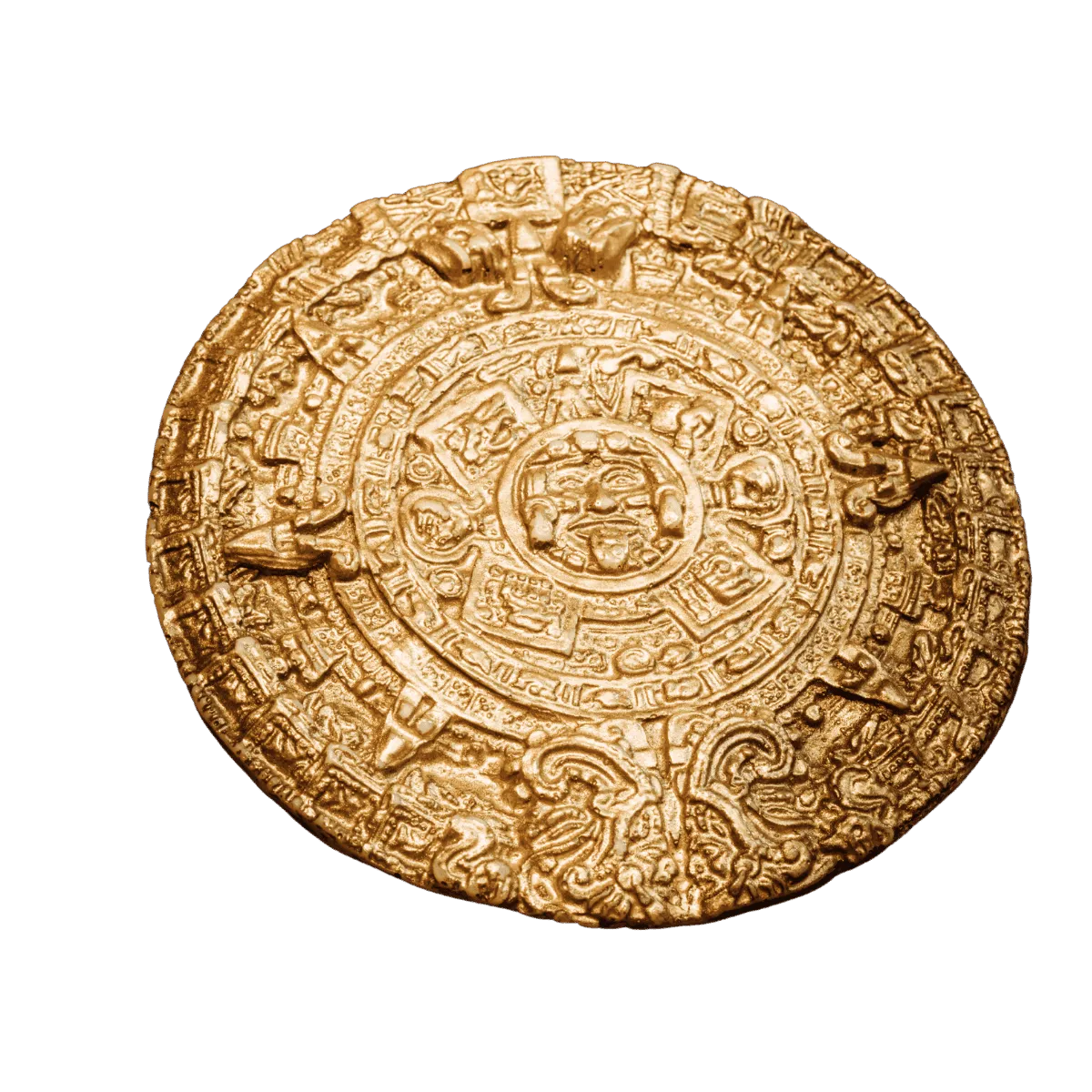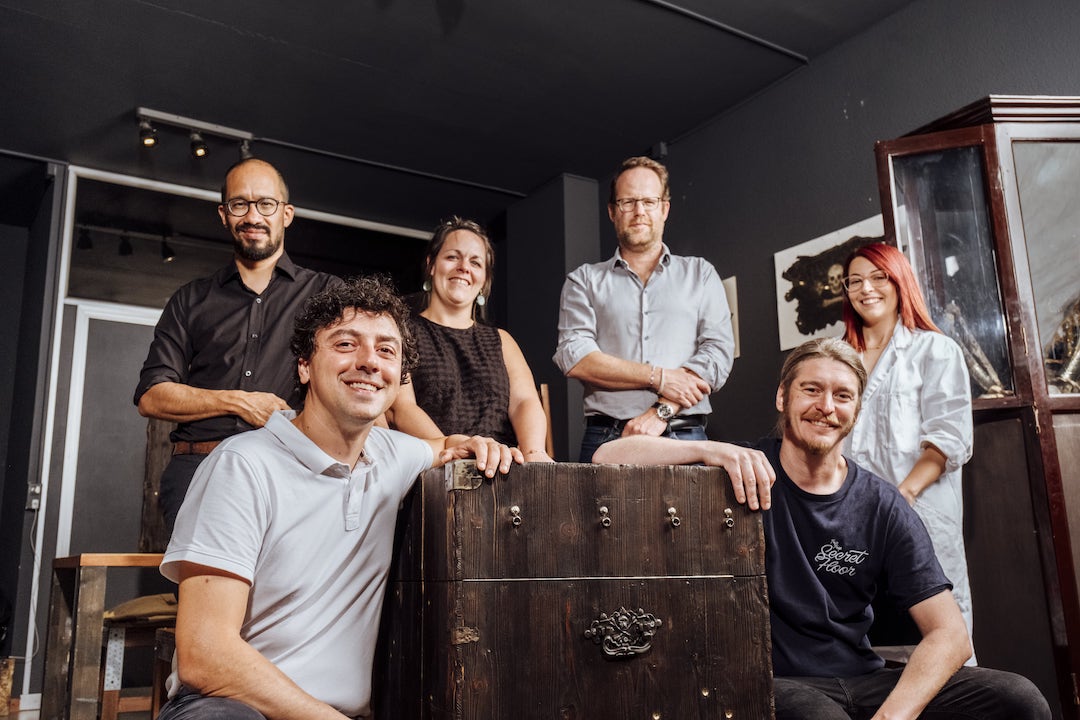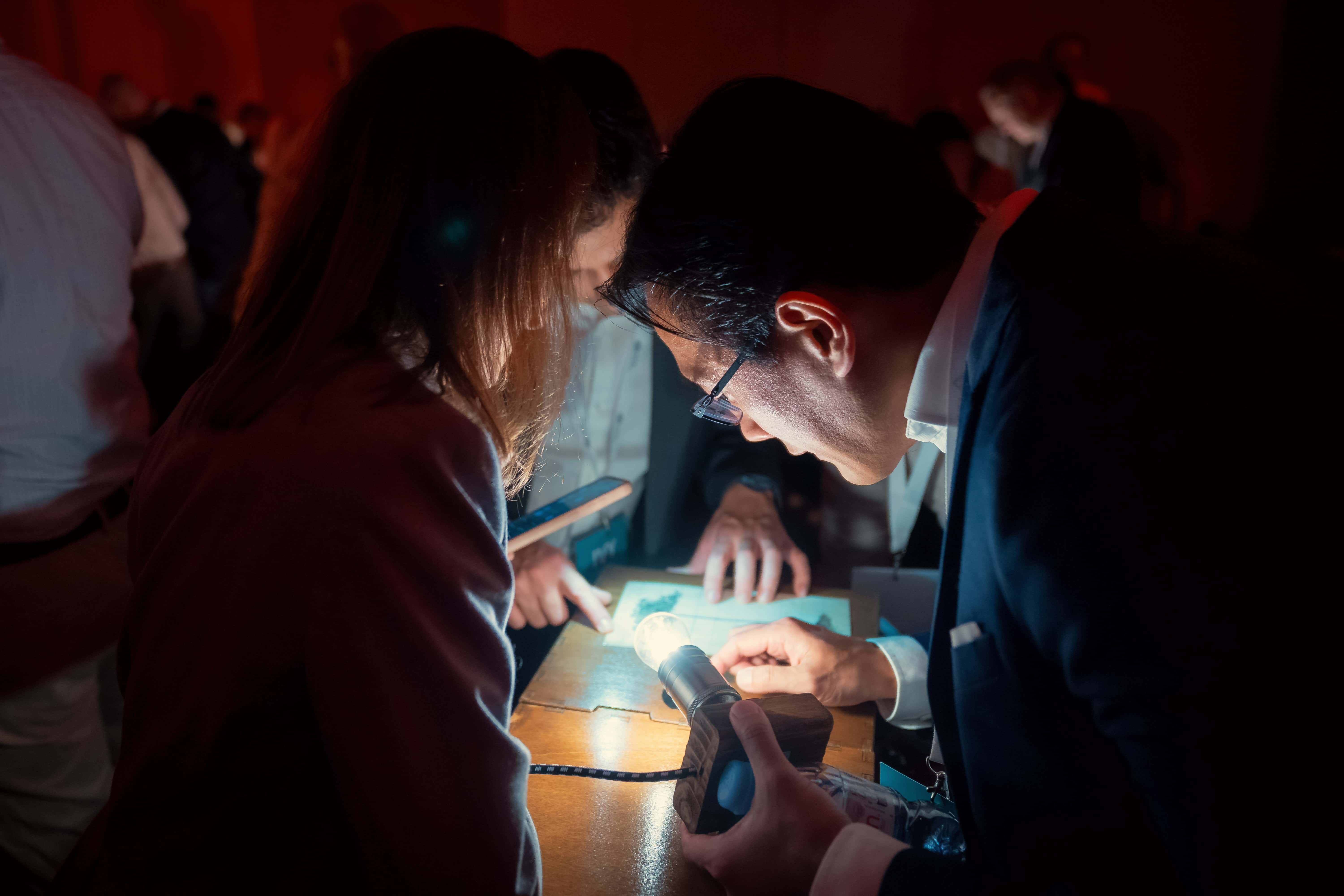
Design a captivating escape game with original clues, creative puzzles, and practical tips.

Struggling to create exciting escape room clues for a successful team-building activity? Discover original escape room puzzles, escape tips to guide players, and turnkey solutions to surprise your colleagues. From DIY setups to high-tech code integration, explore actionable ideas to turn challenges into unforgettable experiences.
Combination locks add interactivity and make the escape game exciting. They block access to hidden objects or messages, forcing players to solve puzzles to progress. Their popularity lies in their simplicity while increasing game complexity without making it inaccessible.
You’ll find number, letter, directional, or magnetic locks. Each type brings a different challenge. For educational escape games, number combination locks are ideal. Directional locks fit immersive scenarios where players decipher spatial clues.
Type of Lock | Advantages | Drawbacks | Difficulty Level |
Number Lock | Easy to use, 10,000 possible combinations | No feedback on incorrect attempts | Medium |
Letter Lock | Useful for hiding words, abbreviations, or phrases | Limited number of possible combinations | Easy to Medium |
Directional Lock | Original, spatial challenge, 10,000 possible combinations | Less intuitive, requires learning | High |
Magnetic Lock | Quick unlocking, reusable | Requires a specific magnet | Medium |
Make clues relevant by linking them to the game’s theme. Integrate logic puzzles or hands-on objects. Balance the difficulty with progressive clues. Avoid overly simple codes or unsolvable riddles. Always test your puzzles before running the escape game.
Hide locks in everyday objects or connect them to the story. A combination lock can be hidden behind a painting, inside a hollowed-out book, or built into an item consistent with the scenario. The goal is to make it contextually meaningful to the escape.
For a home escape room, use a combination lock on a box containing a clue. Create a puzzle whose solution reveals the combination. In a corporate setting, like a company outing in Lausanne, link clues to professional challenges: solve a work-related problem to unlock the next game step.
QR codes modernize escape games by combining digital and physical elements. They deliver clues, videos, or links by scanning a simple pattern. Their flexibility allows for interactive features without physical constraints. Using QR codes simplifies game management and opens up new scenarios for players.
Canva, QRCode Monkey, and QRCode Chimp help create personalized codes. These tools add colors, logos, or patterns without technical difficulties. Apps like QR Code Reader or Scanner de codes QR (French) provide smooth detection and suit all skill levels.
Hide QR codes in patterns or textures. Use discreet colors or unexpected surfaces. A QR code can blend into a decorative poster, furniture element, or technical manual. The goal: guide without arousing suspicion.
Structure QR codes in chronological series. Each code unlocks a narrative element or challenge. Include incomplete QR codes or interactive puzzles. This approach builds suspense while guiding teams to the final solution.
Adapt QR codes to professional challenges. A code may reveal business data, a company’s story, or a collaborative task. In team-building games, link QR codes to puzzles about the company’s values or products to enhance engagement.
Logic games enhance critical thinking and strengthen collaboration. From classic riddles to mechanical puzzles, each challenge fosters communication. Players must listen, share discoveries, and confront ideas to progress together through the game’s world.
Math riddles appeal to logic enthusiasts. A number sequence to complete might reveal a code. Simple calculations that lead to coordinates or combinations stay accessible. The challenge lies in puzzle relevance, not in complex math.
Spatial puzzles require handling or assembling objects. Reconstructing a map reveals a location. Solving a 3D puzzle grants access to a message. These challenges involve new skills and fine motor stimulation while keeping the team focused on problem-solving.
Deduction games require exchange to move forward. A coded message might need clues from different players. A riddle where each person holds part of the answer encourages collaboration. Success depends on active listening and sharing discoveries.
Classic games like Sudoku or Mastermind adapt well to escape games. A partially filled grid provides a lock combination. Deducted colors lead to hidden objects. These familiar games aid immersion since the rules are easy to grasp, with difficulty based on story integration.
Progression flows by alternating obvious clues with subtler riddles. Start with simple challenges to immerse players, then increase complexity. Include non-linear puzzles to create breaks between steps. Smooth gameplay maintains engagement until the final twist.
Morse code uses dots and dashes to encode messages. Its vintage charm makes it a perfect fit for escape rooms. Players decipher light or sound signals, engaging their analytical skills. This old method remains captivating in modern escape scenarios.
Use light flashes, short sounds or vibrations to transmit codes. A phone in a box playing a looped message forces players to listen closely. Arduino-programmed lights add high-tech flair to traditional puzzles.
Provide a Morse translation table. Apps like Morse Code Translator help decoding. Include a short tutorial video on signal reading. Present a simplified Morse alphabet to guide without spoiling the solution.
Hide messages in ambient sounds or decorative lighting. A blinking SOS on a wall can lead to a safe. Flash sequences in a spy game reveal secret clues to sharp teams.
Pair Morse with coding or observation puzzles. A Morse message can unlock a Caesar cipher. Dots and dashes drawn on a map may indicate puzzle assembly order.
Adjust signal pace to player experience. Use simple words for beginners. Increase speed or message length for advanced players. Hide decoding clues in the scenery for immersive challenges.
Invisible ink hides messages or clues revealed by various methods. Invisible to the eye, it requires heat, UV light, or chemical agents. This technique adds mystery and makes the escape game more interactive and captivating.
Use lemon juice, milk, or vinegar as invisible ink. Apply it with a brush or cotton swab on paper. To reveal the message, gently heat the paper. UV pens or Frixion pens create spectacular effects and reveal under a blacklight or by heating.
The message appears through a candle, hair dryer, or iron. A UV blacklight illuminates special ink. Chemical agents like grape juice or vinegar react with certain inks. These methods offer various options to reveal clues.
Ink Type | Revealing Method | Reliability & Features |
Lemon Juice | Heat (bulb, iron, hair dryer) | Very accessible and affordable, but may brown over time. Ideal for home setups. Less impressive visually. |
UV Pen | UV light (blacklight) | Very discreet, requires specific gear. Effective for corporate games. Long-lasting if protected from light. |
Baking Soda | Chemical agent (grape juice, vinegar) | Child-safe, requires two steps. Less durable than others. Great for educational escape games. |
Frixion Pens | Heat (disappears with cold) | Surprising effect, but needs precise temperature control. Ideal for time-limited puzzles. |
Special Chemical Ink | Specific chemical solution | High professional reliability, higher cost. Used in commercial escape games. Enables impressive visuals. |
Include secret messages in spy or treasure hunt scenarios. A map hidden in a postcard revealed with heat. A vault code written in UV ink and found with a blacklight. These elements enhance immersion in the game.
Hide revealing tools in the scenery. Place a UV lamp in a box to be opened. Leave a lighter near a heat-activated message. Subtly hint at revealing methods through visual clues or props in the room.
Classic or modified puzzles increase difficulty in escape games. From 3D brainteasers to logic riddles, each challenge engages players. These tools encourage collaboration and collective problem-solving in a captivating storyline.
Math puzzles stimulate team logic. A number sequence might unlock a code. Simple calculations leading to combinations are accessible to all. The difficulty lies in relevance to the theme, not complexity of operations.
Spatial puzzles require object handling or assembling pieces. Rebuilding a map reveals a place to explore. Solving a 3D puzzle grants access to a message. These challenges involve new skills and fine motor coordination while keeping the team involved.
Deduction games require sharing to advance. A cryptic message might need clues held by different players. A riddle where each holds part of the solution encourages collaboration. Success relies on listening and sharing findings.
Classic games like Sudoku or Mastermind adapt well to escape scenarios. A partially filled board reveals a lock code. Deduced colors lead to hidden items. These familiar games ease immersion thanks to their simple rules, with difficulty based on scenario integration.
Progression builds by alternating easy clues and subtler puzzles. Start with simple tasks to immerse players, then raise the level. Mix in non-linear puzzles to provide breathers. Game flow keeps everyone engaged to the final twist.
From locks to QR codes, every element enriches your escape room. Turn these ideas into reality for an unforgettable experience. Ready to design an exciting game? The escape starts now!
Discover the latest trends in Team Building and corporate event planning.

Discover how to define relevant objectives to strengthen team cohesion, align employees with the business vision, and turn every seminar into a profitable investment.

Discover creative ideas for a memorable team building event: mobile escape games, custom creative workshops, and unique experiences designed to strengthen team cohesion.

Organizing a retirement farewell party can quickly become a headache: where to find inspiration for a unique celebration, how to stay on budget without neglecting memorable moments? This article guides you step by step to plan a successful event